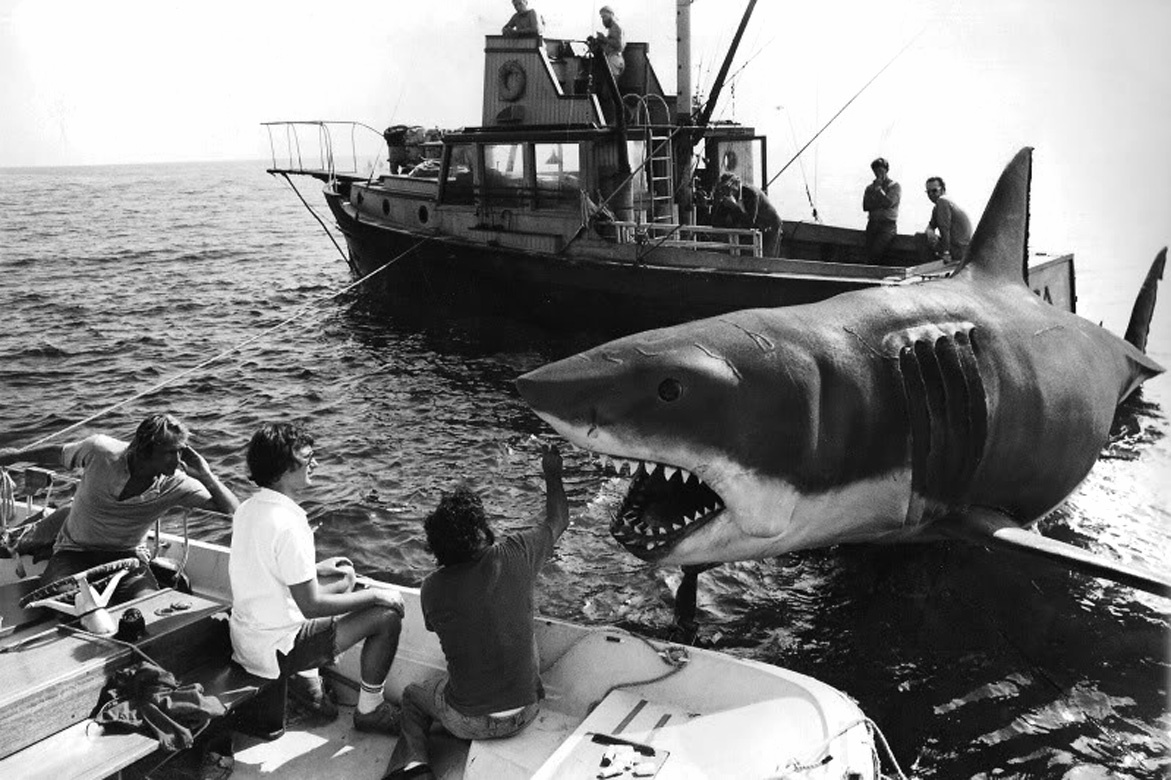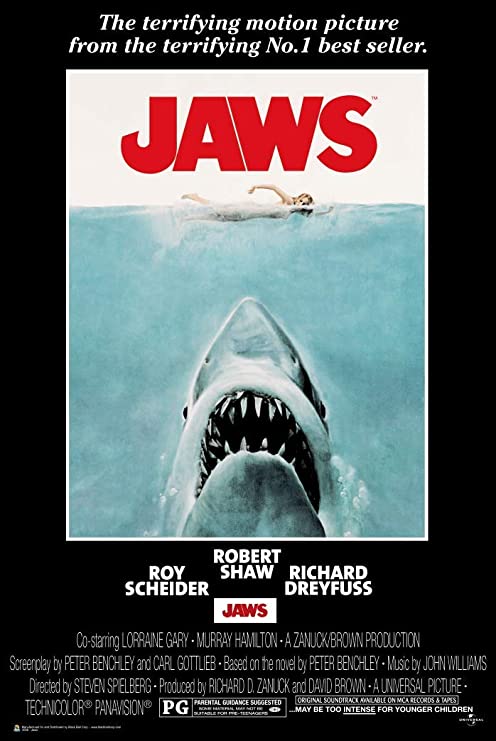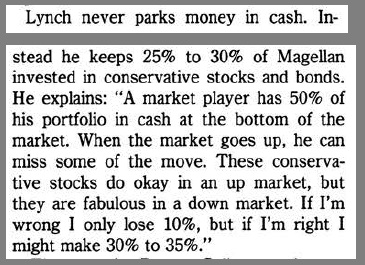His sisters sold tickets, his mother helped with popcorn and soda.
"We all worked for Steve," his mother said. "From the minute he was born, I was his employee."
This was Ford's advice: "Never spend your own money to make a movie. Now get the hell out of here."
Spielberg gets a seven year contract, starting at $275 a week.
Sheinberg was there for him: "I think every time there was an intention to replace me, Sid stepped in quietly." "Because Sid believed in me."
'I will finish this film. I can’t tell you what day I’ll finish this picture, but I will finish this picture.' And Sid let me continue."
"I don't think it made me Brooks Brothers or a realist, but it gave me a real good primer on the film industry."
"The minute Jaws hit the theaters, they started to say yes. For the first time I sat back and thought, 'Well, that's really interesting. Success begets opportunity.'"
The movie grossed $300 million but Spielberg made only $5 million - from the slim profit remaining after deducting overhead, interest, distribution and other fees.
Lucas wanted control, he wanted ownership of the movie.
What did Spielberg want? "I want gross."
Plus the deal terms: Lucas wanted to own 50% of the movie rights and have full control. And Spielberg wanted 10% gross.
They ended up negotiating with Michael Eisner at Paramount and Frank Wells at Warner (those two would later run Disney).
"Frank was making a deal. Michael was making a movie."
"A deal that is going to destroy this business."
For ET, he got a split of the videotape profits: "I saw that video was going to be a very important ancillary market, and in many cases a primary market for film."
He continued directing for gross points and a share of ancillary income like merchandising royalties.
He created call options with potentially large upside and a limited investment of time and reputation.
"Y'all out here still takin' advances?
Me and my **** takin' real chances"














